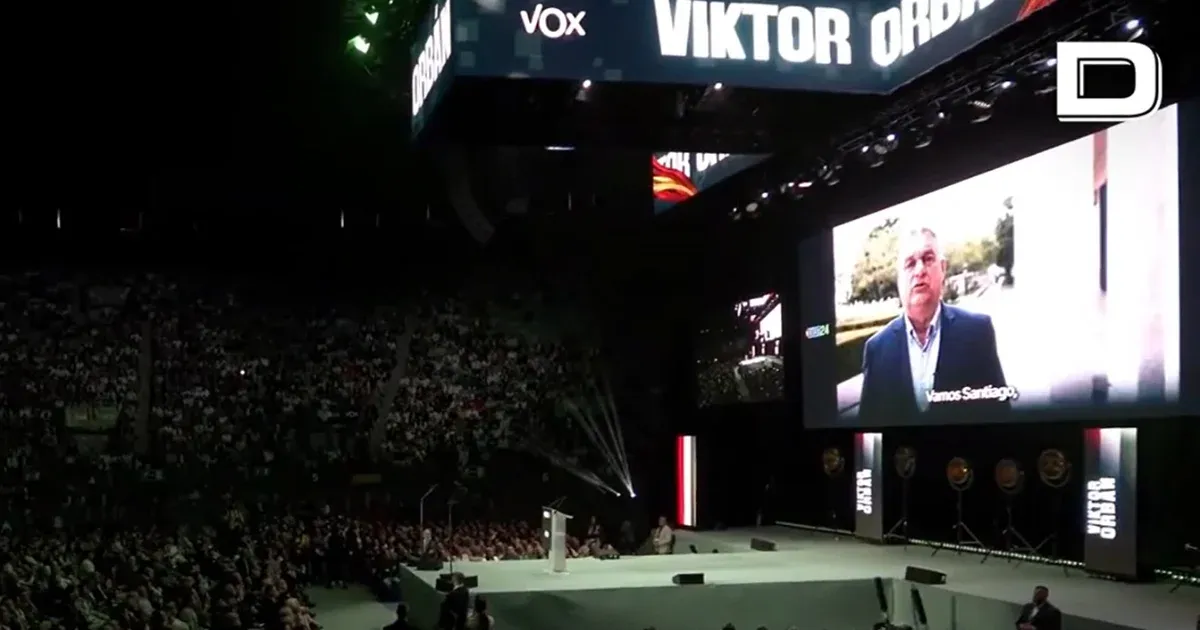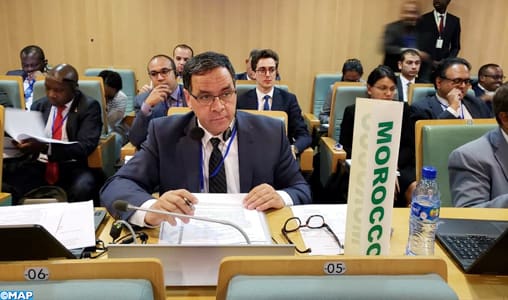#dengue #vaccine #reduces #severe #forms
Regarding the dengue vaccine, “it is already approved by Anmat in a huge trial in Asia, in the northern regions, in addition to its effectiveness and safety being demonstrated, since it reduces hospitalizations by 84% and by 62% severe forms. “What happens is that it does not serve to stop or block the epidemiological outbreak.”
“The dengue vaccine is to prevent severe forms and reduce hospitalizations, it is not to block an epidemiological outbreak like the one we are experiencing. From now on, we must think about which age group would be given first in a vaccination campaign, in addition to protecting people who have already had dengue if they contract it again with another serotype, which triggers severe forms of the disease.” .
“Those who can get vaccinated should do so”
In addition, Dr. Pizzi maintained that the vaccine must be scheduled in advance, because there are two doses: one now and the second three months later and added that “10 or 15 days after the first dose there is already an immunological response but The 100% immunological response is concluded three months after the first one is applied. “Those who can get vaccinated, I would advise them to do so, because they must already plan for what is coming: increasingly shorter winters.”
The mosquito is still with us
Since the outbreak of the disease began, there have already been more than 190 deaths in Argentina. Health education must begin in schools and the Government is analyzing who is going to be vaccinated and who makes up the risk groups, “because we cannot let ourselves be, even if the temperatures drop a little, which I clarify is They need at least more than two weeks with sustained temperatures below 12°C for the mosquito to cease its activity, there is no need to relax,” Rogelio Pizzi began the talk.
Meanwhile, awareness should be raised about flu vaccination and the Covid booster should be given, since Argentina has the most complete vaccination schedule in the world for free vaccinations. “There is no milestone in the history of medicine that has saved more lives than vaccines and environmental sanitation. To take care of ourselves, we must take care of the rest of society,” said the professor.
Epidemiological situation in Argentina
When asked about how dengue has been presenting due to the series of cases, he responded: “The truth is that we are facing a problem that is a disease that in the 80s was endemic in 14 countries and today is installed in more than 120 countries. in Latin America and the Caribbean, Africa, the Middle East, Asia and the Pacific Islands. Let us remember that this is not transmitted from person to person, that Aedes aegyti is the vector, and it affects those who do not comply with health regulations or do what doctors advise them to do. A person with dengue must rest for 7 days, because they are a potential transmitter of the disease, since if they have symptoms and have viremia (virus in the blood), they are bitten by a mosquito, they leave their house and the vector becomes infected and It feeds on the blood of another person who transmits the disease. So he becomes a spreader of the disease if he does not follow his doctor’s orders and continues to infect. “This way the cycle of contagion is never cut,” he concluded.
In Argentina, viral circulation occurs in 19 provinces, which means that “we are in a serious problem and the serious thing about this is that, for example, in the areas that are not endemic in the northeast and northwest in 2023 there was viral circulation all year round,” clarified the infectologist.
This disease used to be seasonal, it arrived in the warm months. Last year in the Argentine Northeast the circulation of the virus was not stopped at any time, “that is to say,” Pizzi explained, “that it did not occur seasonally and that is an alarm sign that must be kept in mind because it is a product of climate change.” . But not only because the climate became tropical, the rains increased the humidity and created an environment conducive to the mosquito due to the increase in humidity, which is why today we already have it in circulation in so many provinces.”
Rogelio Pizzi: “There is no milestone in the history of medicine that has saved more lives than vaccines and environmental sanitation. To take care of ourselves, we must take care of the rest of society.”
Don’t blame climate change for the situation
Likewise, not only should climate change be blamed: “there was a lack of foresight here, because we all know that this disease occurs from November-December to April-May every year; Here there was also a lack of foresight, that is to say a set of things. We also cannot blame the State, the governments, the ministries and the governing health entities, there is a citizen commitment that people do not comply with the standards issued by the official body in addition to the health standards and education with the waste. which is very important, the mosquito nets, the care with weeding in the patios, the garbage, the vacant places. All of which is the responsibility of governments, who are in charge of fumigating. So there is a combination of things that happened so that today we are facing the most serious outbreak and epidemic that is hitting our country, so there are many things to take into account and as you asked me, we also have the problem that “This disease presents itself in different forms and can happen in 70 or 80% of cases to be asymptomatic, which depends closely on the immune status of the people,” added the dean.
Different forms of case presentation
There are different forms of presentation of the disease, and what is being seen is that there are cases with a first infection with manifestations in severe forms. These severe or hemorrhagic forms of dengue occur when “the patient is infected with one serotype (because dengue has 4 serotypes) and if I get infected this season or in 2023, I was infected with dengue 1 and today with the circulation of three serotypes in the Argentine epidemic I am infected with serotype 2, I will have more chances of developing the severe forms of the disease, that is, dengue hemorrhagic fever,” he warned about the various cases that occur daily in hospitals.
Meanwhile, that 80% of patients who do not present any symptoms means that they are asymptomatic and the disease resolves on its own, so doctors must be attentive to these situations that have a lot to do with the person’s immune system, the response of each individual.
Relaxation and late rains
Also doctor, a little like we relax before the late rains?
Totally, we had two effects because the La Niña phenomenon occurred and El Niño arrived a little late, from the drought to the torrential rains that occurred especially at the end of last year in Córdoba. For this reason, people relaxed and think that it is not going to happen to one, and in general they do not comply with the health regulations that emanate from the health authority, also in this we have to be more supportive as citizens, which is why they are extremely The messes are important, since this mosquito can lay an egg in a drop of water in a soda cap. Environmental education is important, there are no better communicators than children who attend schools, who after having a talk on the subject return home and tell their parents.
Therefore, under adverse temperature and humidity conditions, this egg can be viable for up to a year, meaning that under the first favorable temperature and humidity conditions, it hatches.
Untimely fumigations
Regarding local governments, the health professional expressed: “Fumigation makes no sense if it is not done well. It is useless for an authority to come by to fumigate today and pass by the same place again a month because the biological cycle of the mosquito is 7 to 10 days and with the fumigations the adult forms are being killed but within a week “Coming, there will be a new generation of mosquitoes, that is, we must try to systematically pass through again every 7 or 10 days, which is complicated by Córdoba being a city with one of the largest municipal ejidos in the world.”
In conclusion, climate change that does not help, winters that will be shorter and less rigorous, as well as the lack of foresight, collaboration and citizen commitment, go against awareness campaigns.











